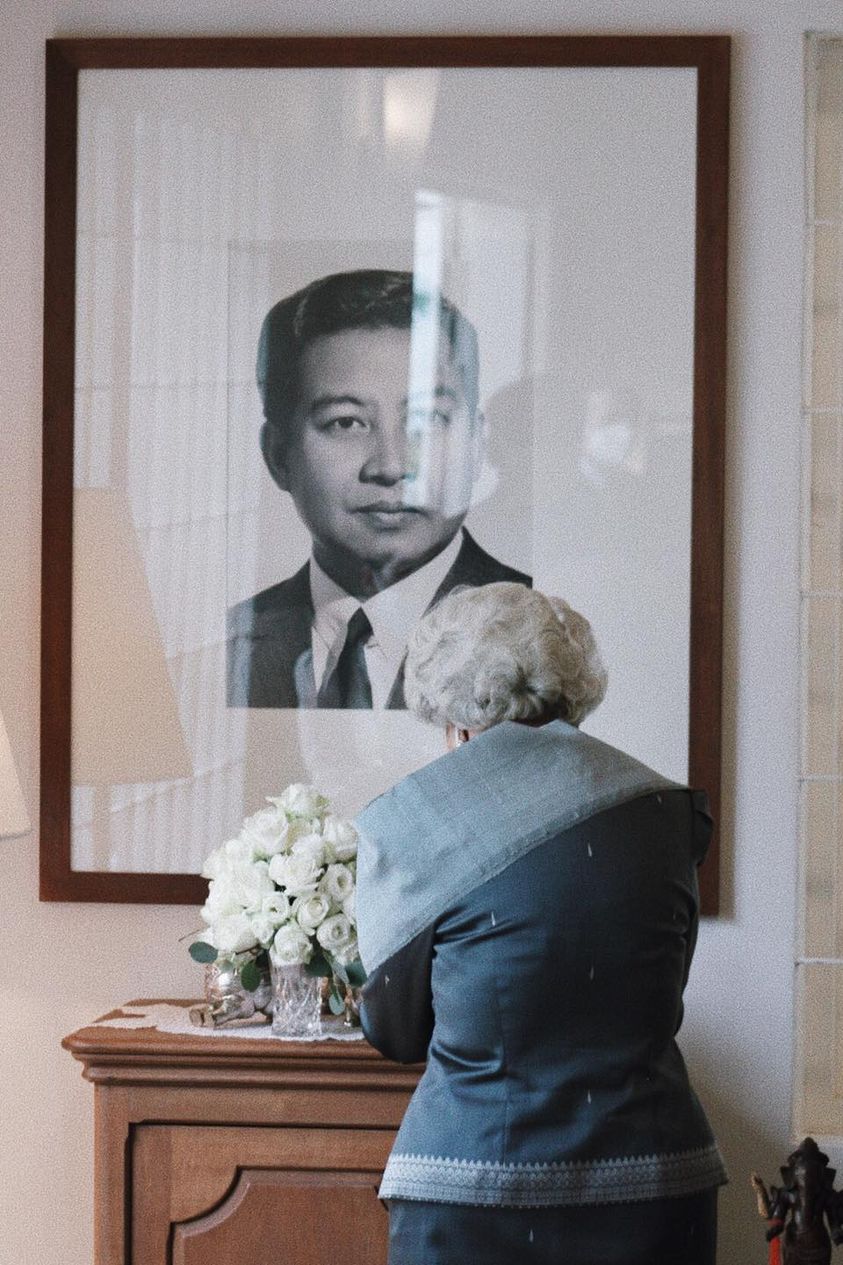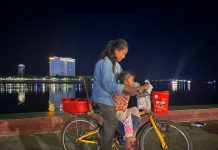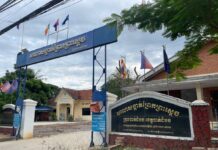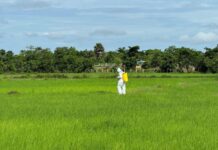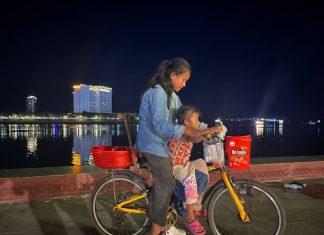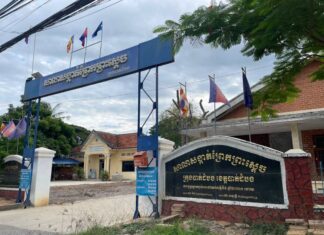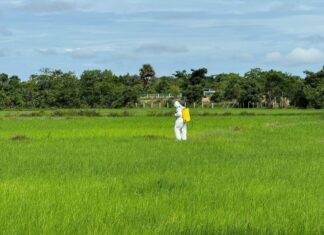On the 8th anniversary of the death of former king Norodom Sihanouk, who guided
Cambodia though many of the 20th century’s most important historical moments, Newsroom Cambodia spoke to political analyst Mr. Meas Nee about the King Father’s lasting influence.
Below is our conversation, translated from Khmer and edited for clarity.
NC: What are the lessons that young and current politicians should learn from the late king’s legacy?
Meas Nee: One essential thing is his popularity, as we saw at his funeral. In my opinion, these current politicians will never command respect and popularity like his majesty King Father. The second essential thing is his development of the nation, despite the geopolitical crises his administration faced — for instance, he led Cambodia to independence in 1953. Since I was young, I observed that wherever he went he was received warmly by everyone. People were loyal and appreciative out of love, not fear.
NC: What are the similarities and differences between Sangkum Reastr Niyum and the current government led by the Cambodian People’s Party?
Meas Nee: The difference is that the King Father always gave plenty of opportunities
for citizens to question their ministers and ask them to address their problems. Normally that forum was not pre-arranged; it was natural. I see sometimes that high- ranking officials have difficulty facing people’s questions. It does not create a condition for honest or trustworthy communication between the people and today’s government, which is different from his majesty’s generation.
NC: What are the challenges facing Cambodia today?
Meas Nee: In the mid-1960s, when Cambodia preached a strong neutrality, it developed very fast. But unfortunately, Cambodia eventually fell into geopolitical crisis. It fell under the influence of communist ideology. Nowadays, in my perspective, it seems that Cambodian politics is once again repeating its history, and I’m not sure how dangerous it is, or if we will arrive at the same result. It is with great interest that we watch this current political evolution. Additionally, King Father’s legacy was that of strong national unity. But regional instability eventually engulfed Cambodia, and the nation that King Father built disintegrated.
NC: Among the late King Father’s most durable legacies was the idea of political neutrality. Is there anything the current government can do to build on that legacy?
Meas Nee: We already know about national development and so on. And the Singaporean state visit, when former Singaporean Prime Minister Lee Kwan Yew visited King Father and took home lessons he learned in Cambodia to develop Singapore. It was also around that time that Sihanouk enshrined the constitution and established Cambodia as an independent, non-aligned country. More recently, he spearheaded the development of the Russian and Chinese hospitals (since demolished), and National Road 4, which helped connect the country and contributed to stable development. The current government should work harder to enhance neutrality. First, politicians should implement the policy of national reconciliation and strengthen national unity, rather than viewing those with different views as enemies. All parties should work together to create conditions for peace, including social justice, in order to avoid mistrust between the government and the people.


